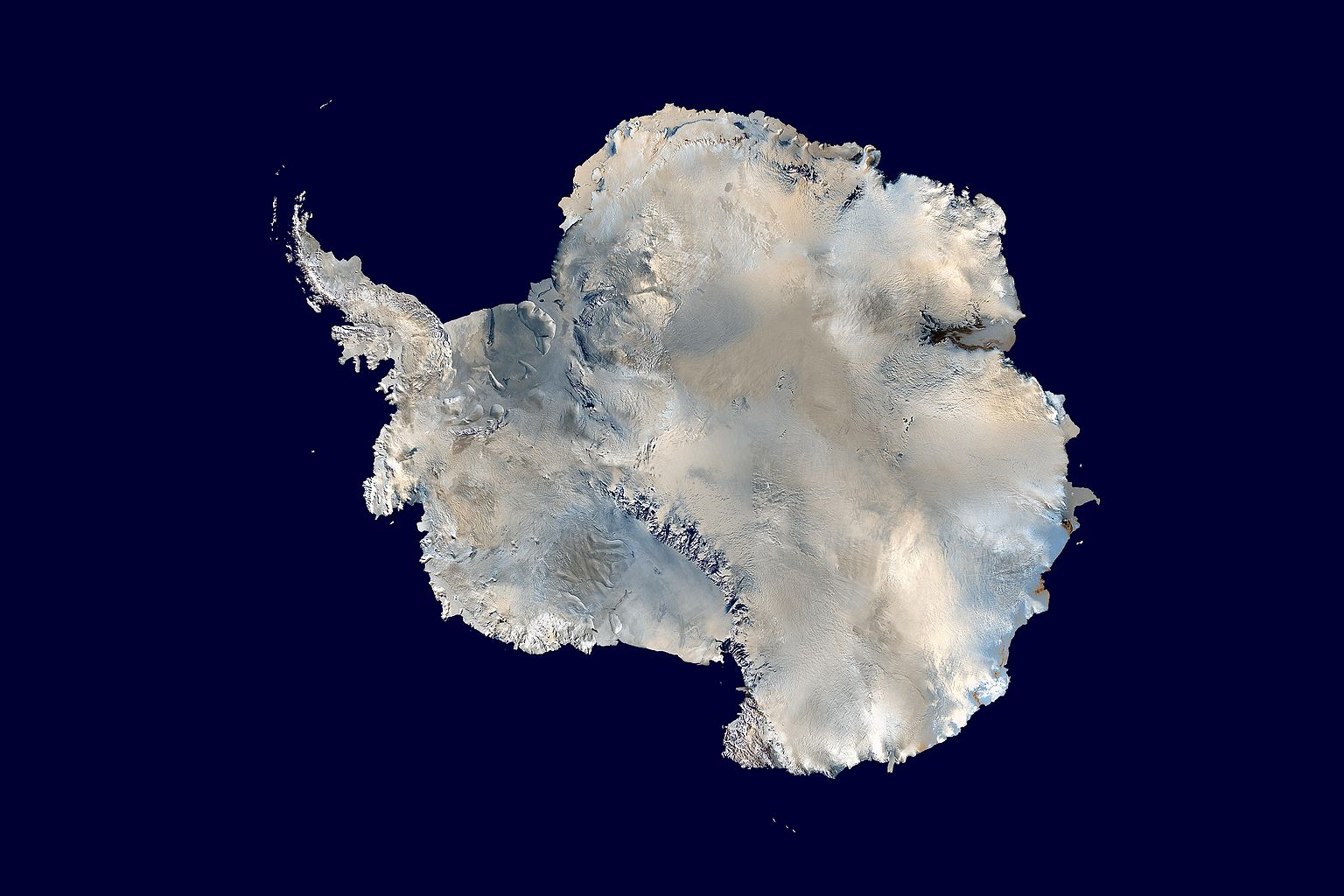
Antarctica, Climate Change, and A Song of Ice and Fire
August 28, 2017
Share:“Most men would rather deny a hard truth than face it.”
—George R.R. Martin, A Game of Thrones
Most people don’t think much about Antarctica. After all, it’s just a big sheet of ice, right? Occasionally, we might read about the discovery of a 106-year-old fruitcake at Camp Adare or learn why penguins waddle. But otherwise, we pretty much ignore Antarctica. That changed last month when a chunk of ice the size of Delaware broke off from the Antarctic Peninsula. Although ice sheets routinely fracture and break away, the rate at which Antarctica is losing its ice is alarming. As global waters warm, the ice around Antarctica is disintegrating. Antarctica is melting and the world has taken notice. It is one of the most rapidly-warming parts of the planet. Antarctica has become the canary in the climate change coal mine, and hard truths must now be faced.
Hard Truth #1: Antarctica is a lot more than just a sheet of ice. Its climate and geography drive the uptake of carbon dioxide and control the circulation of deep ocean waters. Climate change in Antarctica can cause a catastrophic rise in global sea-level and even atmospheric change. The Antarctic Peninsula is a key breeding ground for krill. Whales, seals, and penguins depend upon krill for food. Algae underneath the sea ice feeds the krill. When the sea ice disappears, so do the krill, collapsing the entire food web.
Hard Truth #2: The ice in the Antarctic is melting much faster than scientists previously thought. In addition to melting from climate change, newly discovered lakes and streams are destabilizing the continent’s ice shelves. Because of global warming the pace of this shelf melting and collapsing is increasing. 90% of the world’s ice is in Antarctica. To put the consequences of a melting Antarctica into perspective, if the entire Antarctic ice sheet melted, sea levels would rise by 200 feet. Although most scientists don’t believe this to be likely, they still project sea levels from melting Antarctic ice to rise 3.5 feet by the year 2100. Such a rise in sea level would prove catastrophic for countries already at sea level. Bangladesh has a population of one million citizens and is at sea level. A 3.5-foot rise in sea level would cause a global refugee crisis of unprecedented proportions.
Hard Truth #3: The worst is yet to come. Last week, scientists at the University of Edinburgh announced the discovery of 91 previously undiscovered volcanoes in West Antarctica. Volcanoes tend to show up at weak points in the earth’s crust. Because the Antarctic plate is wearing thin, it is an ideal location for volcano formation. Scientists believe that more volcanoes will soon be found. The Antarctic volcano region is most likely the densest region of volcanoes in the world. As climate change causes ice to thin and melt, “pressure-sensitive” volcanoes will begin erupting. If lava manages to melt through a glacier and warmer ocean water seeps into the hole, the entire system will melt much faster. Normally, the 91 volcanoes wouldn’t be likely to cause the entire ice sheet to melt, but global warming continues to cause large quantities of ice to disappear, thus increasing the likelihood that eruptions will be triggered. Eruptions would cause the bottom of ice sheets to heat, changing the speed at which glaciers move. This “feedback loop” would melt even more ice and raise sea levels even faster.
In leaving the Paris Climate agreement, the United States broke rank with 190 other nations. The world recognizes that climate change is a global crisis. It is real, it is happening every day, and it is only going to get worse. Let us hope that the United States will once again enter the Paris Climate agreement. The recent discoveries in Antarctica are a signal that it’s time for the U.S. to recognize the hard truths of climate change. It’s time to wake up, face the facts of climate change, and stop distracting ourselves with 106-year-old Antarctic fruitcake.
Want more information on climate change in Antarctica? Check out these links:
- Washington Post: “Another climate-change nightmare: 91 new volcanoes beneath Antarctica’s ice”
- Popular Science: “Important things found in Antarctica this week: 91 volcanoes and also a fruitcake”
- Time: “New Discovery in Antarctica Suggests Ice Sheets Could Disappear Way Faster Than Previously Thought”

Share: